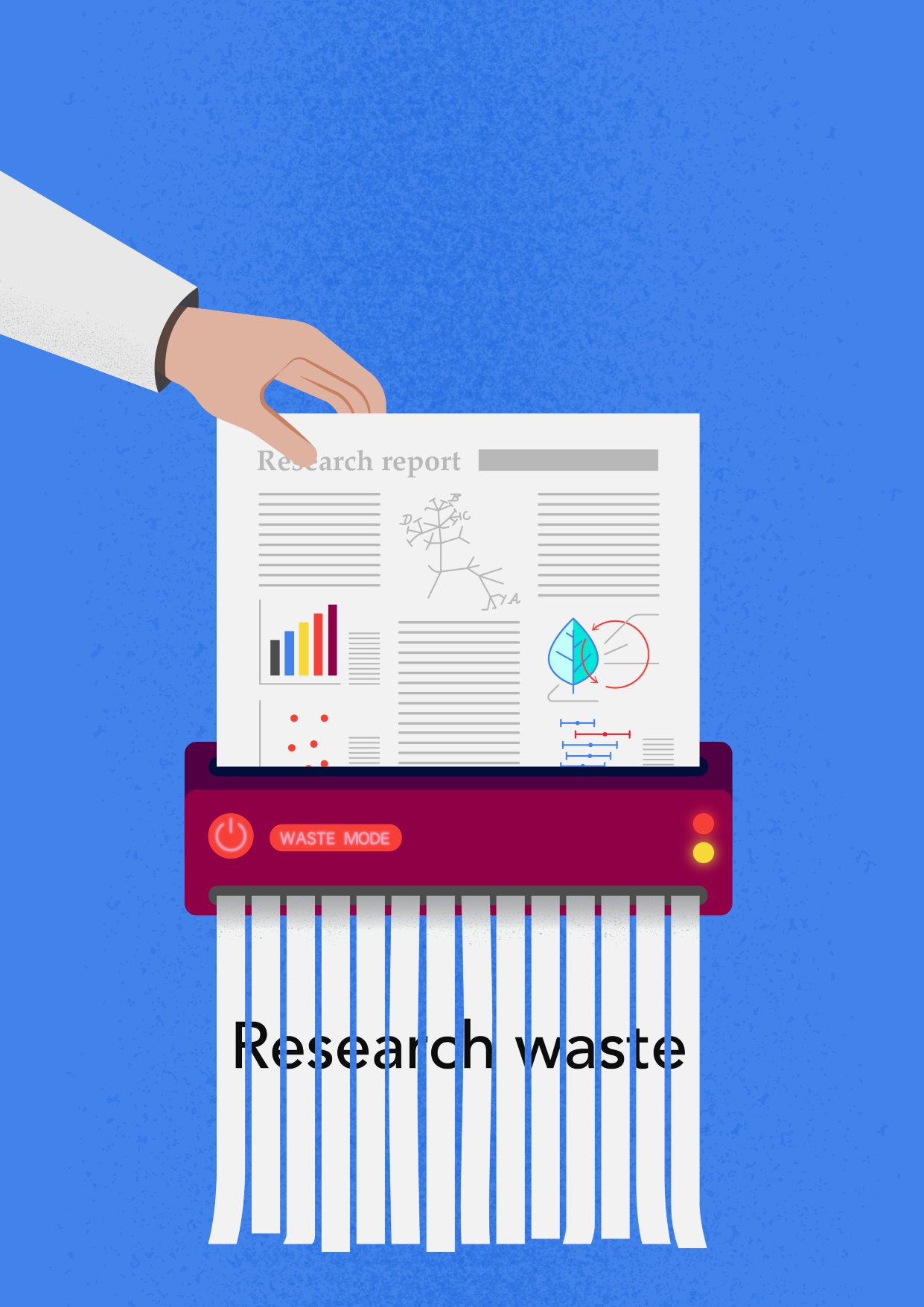About
Research and publishing inefficiencies can generate a huge loss of information along the research life cycle. Consequently, a small proportion of conducted research reaches its full informative value.
This proportion has been estimated so far in:
In the twenty-first century and in line with meeting Sustainable Development Goals, our priorities should be clear: develop and implement solutions to reduce research waste and increase the knowledge we can get from the abundant ongoing ecological research. Here, open science practices will play a major role. These include open data, open software, registration, and open protocols.
This, we are developing a framework that can be used by researchers, funders, publishers, and others to identify solutions that can increase the informative value of research. The solutions include:
1. Primary Solutions
The way research is done by researchers, e.g. pre-registering research
2. Secondary Solutions
Those that make researchers more likely to apply primary solutions. These secondary actions are structured in five categories:
- infrastructure (e.g. establishing data repositories)
- education (education and training of researchers)
- professional support (e.g. statisticians, data stewards etc)
- incentives (e.g. development of metrics to evaluate researchers by how transparent and robust their research is)
- policies (including mandates and similar)
For each of the solutions, we provide the existing evidence for its effectiveness. For each stage and substage of research cycle, we provide the existing evidence for the issues that make research uninformative.
Learn more at How to use. For any questions please use this form. If you wish to suggest new issues, solutions, or the evidence, please use the same form.
